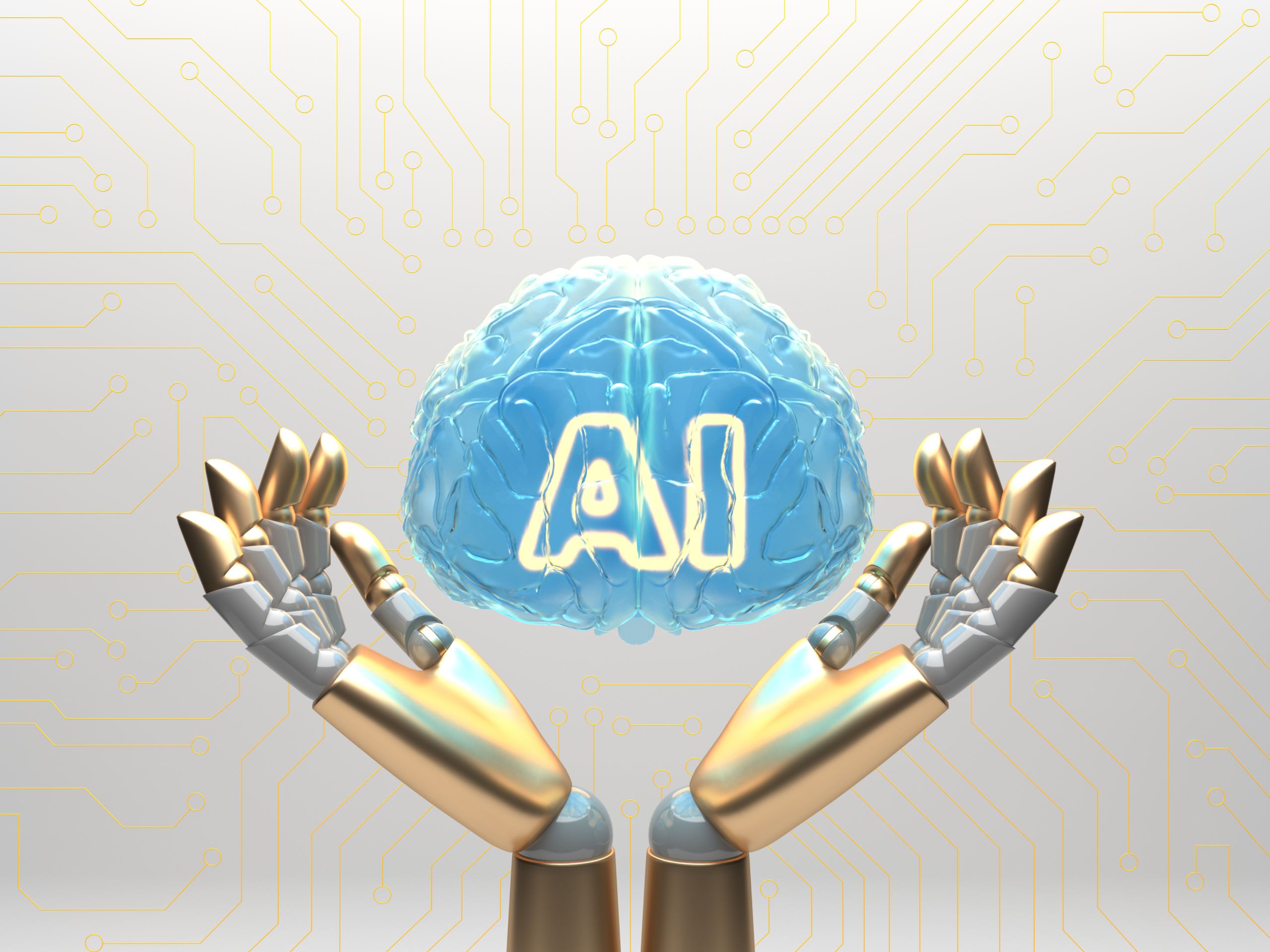Responsible AI: Pioneering the Path to Ethical Innovation
Step into the realm of Artificial Intelligence (AI), where the boundaries of innovation are constantly being pushed and ethical considerations play a crucial role. In this captivating journey, we’ll navigate the intricate landscape of AI, exploring its profound impact across industries and its potential to shape the future of humanity. From healthcare breakthroughs to financial insights and transportation revolutions, AI holds the promise of a better tomorrow. But as we delve deeper, we’ll also confront the challenges and responsibilities that come with unleashing the power of AI. Join us as we embark on a quest to harness the transformative potential of AI while upholding the highest standards of ethics and integrity.
AI’s Impact Across Industries:
Picture a world where AI revolutionizes healthcare, finance, transportation, and beyond. In healthcare, AI-powered diagnostics and personalized treatment plans promise to save lives and improve patient outcomes. In finance, AI detects fraud, optimizes investments, and delivers tailored financial solutions, enhancing efficiency and customer satisfaction. In transportation, self-driving cars and smart traffic management systems pave the way for safer, more efficient mobility solutions. From manufacturing to customer service, AI-driven automation streamlines processes and enhances user experiences, reshaping industries and driving progress.
Unlocking AI’s Boundless Potential:
AI’s capabilities are limitless, empowering industries to automate tasks, optimize operations, and deliver personalized experiences. In healthcare, AI aids in early disease detection and treatment planning, revolutionizing patient care. In finance, AI-driven analytics and automation drive operational efficiency and financial inclusion. In transportation, autonomous vehicles and predictive maintenance systems redefine urban mobility and logistics. AI’s transformative impact extends to education, agriculture, cybersecurity, and beyond, reshaping industries and driving innovation.
Navigating Risks and Challenges:
Despite its promise, AI presents inherent risks and challenges that demand careful consideration. Addressing algorithmic biases and ensuring equitable representation in training data are essential to promote fairness and mitigate discrimination. Proactively addressing job displacement through reskilling and workforce adaptation strategies is critical to supporting economic stability. Robust cybersecurity measures and ethical AI governance frameworks are essential to mitigate security vulnerabilities and safeguard against misuse of AI technologies.
Promoting Transparency, Fairness, and Accountability:
Transparency, fairness, and accountability are fundamental principles in responsible AI development, fostering trust and confidence in AI systems. Providing explanations for AI-driven decisions empowers users to understand the rationale behind algorithmic outcomes and identify potential biases. Upholding fairness and inclusivity principles ensures equitable outcomes and mitigates discriminatory impacts. By establishing clear lines of accountability and regulatory oversight, stakeholders can uphold ethical standards and promote trust in AI technologies.
Regulation of AI:
Clear regulatory frameworks are necessary to govern the development and deployment of AI technologies responsibly. Regulations can address issues such as data privacy, algorithmic transparency, and safety standards, providing guidelines for ethical AI development and usage. By collaborating with policymakers and industry experts, stakeholders can contribute to the creation of robust regulatory frameworks that balance innovation with ethical considerations, ensuring that AI benefits society while minimizing potential risks.
The Future of AI:
As AI continues to evolve, its future holds immense promise and potential. From advancements in machine learning and deep learning algorithms to the proliferation of AI-driven applications and services, the possibilities are endless. However, realizing this future requires a commitment to responsible development, where ethics, transparency, and fairness are central considerations. By embracing responsible AI practices and fostering collaboration across sectors, we can shape a future where AI enhances human well-being, drives innovation, and fosters a more equitable and inclusive society.
Ethical Considerations: Guiding Principles for Responsible AI:
Ethical considerations serve as guiding principles in responsible AI development, shaping technological advancements and decision-making processes. Privacy protection, informed consent, and data governance principles safeguard individual rights and autonomy. Fairness and non-discrimination principles promote equitable outcomes and mitigate biases. Safety and security standards ensure the reliability and trustworthiness of AI systems. By integrating ethical principles into AI development practices, stakeholders can foster public trust, mitigate risks, and promote the responsible and beneficial use of AI technologies.
Conclusion:
As we embark on the journey of AI innovation, let us embrace the dual mandate of progress and responsibility. By harnessing innovation while upholding ethical standards, we can navigate the complexities of AI and unlock its full potential to drive societal progress and enhance human well-being. Together, let us shape a future where responsible AI serves as a force for positive change, enriching lives and fostering a more equitable and inclusive society.


 Foto von Nastuh Abootalebi auf Unsplash
Foto von Nastuh Abootalebi auf Unsplash